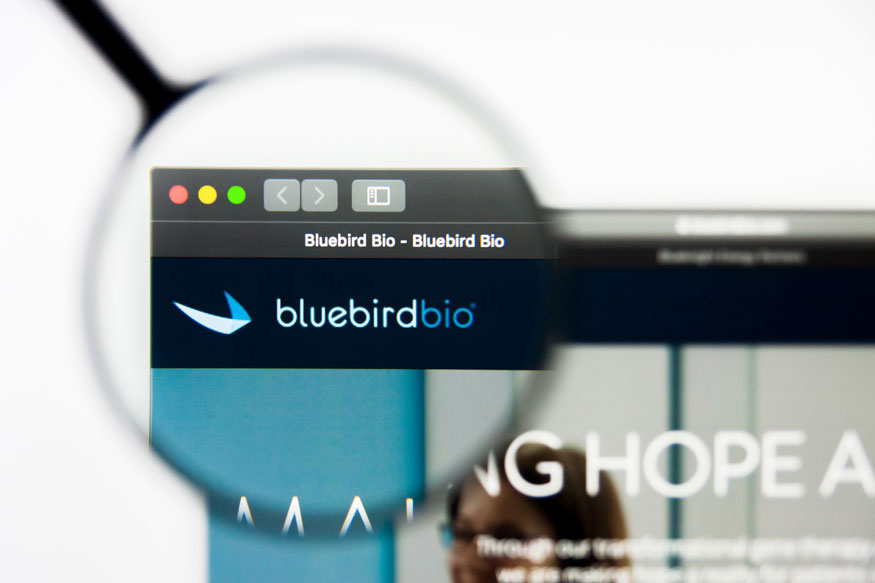Advertisment
FDA approval of Lyfgenia (lovotibeglogene autotemcel) for treatment of patients ages 12 and older with sickle cell disease and a history of vaso-occlusive events – bluebird bio

bluebird bio, Inc. announced the FDA has approved Lyfgenia (pronounced as ‘lif-JEN-ee-uh’) (lovotibeglogene autotemcel), also known as lovo-cel, for the treatment of sickle cell disease in patients ages 12 and older who have a history of vaso-occlusive events (VOEs).
Lyfgenia is a one-time gene therapy that has the potential to resolve vaso-occlusive events and is custom-designed to treat the underlying cause of sickle cell disease.
“Bringing Lyfgenia to people living with sickle cell disease is a milestone that bluebird has been working toward for almost a decade—and one that members of the sickle cell disease community have been waiting on for much longer,” said Andrew Obenshain, chief executive officer, bluebird bio. “Lyfgenia has the potential to have a transformational impact for patients who currently live under the shadow of unpredictable and debilitating vaso-occlusive events. This approval also marks bluebird’s third ex vivo gene therapy approved by the FDA for a rare genetic disease and second FDA approval for an inherited hemoglobin disorder, cementing our position as a gene therapy leader.”
“People living with sickle cell disease face potentially devastating health consequences, diminished quality of life, and harmful stigma as a result of their disease,” said Julie Kanter, M.D., a Lyfgenia investigator and director of the University of Alabama Birmingham Adult Sickle Cell Clinic and associate professor in the Division of Hematology and Oncology. “Today we can celebrate the availability of a potentially transformative new therapeutic option made possible by the incredible courage of patients and families who participated in clinical studies.”
“Sickle cell disease was the first genetic disorder to be characterized at the molecular level a half-century ago and today – after decades of waiting – we finally have a therapy that addresses the underlying cause of this devastating disease,” said John Tisdale, MD, Chief, Cellular and Molecular Therapeutics Branch at the National Heart, Lung, and Blood Institute (NHLBI), who served as principal investigator on the HGB-206 study and was a key collaborator throughout the clinical development program. “The development of this therapy has been marked by transparency and collaboration that laid the groundwork for other technologies to follow, and the NIH is extremely pleased to have supported this advance.” NHLBI is part of the National Institutes of Health.





